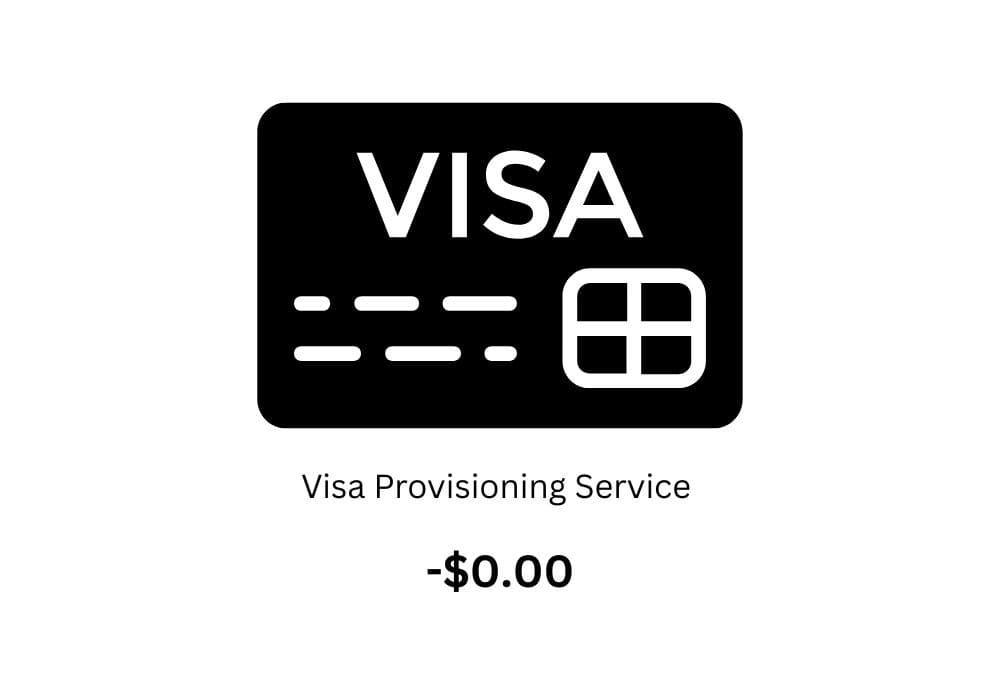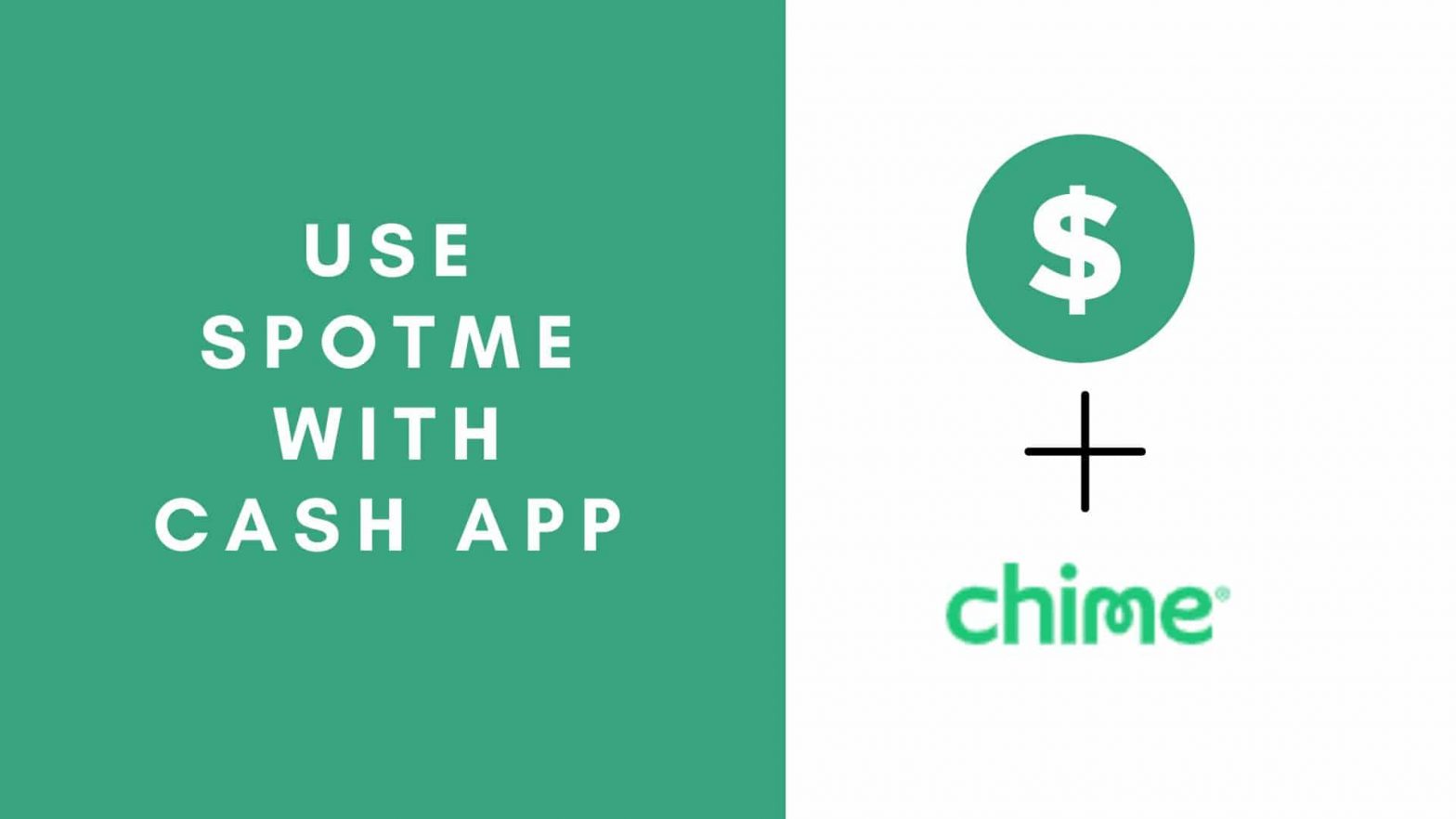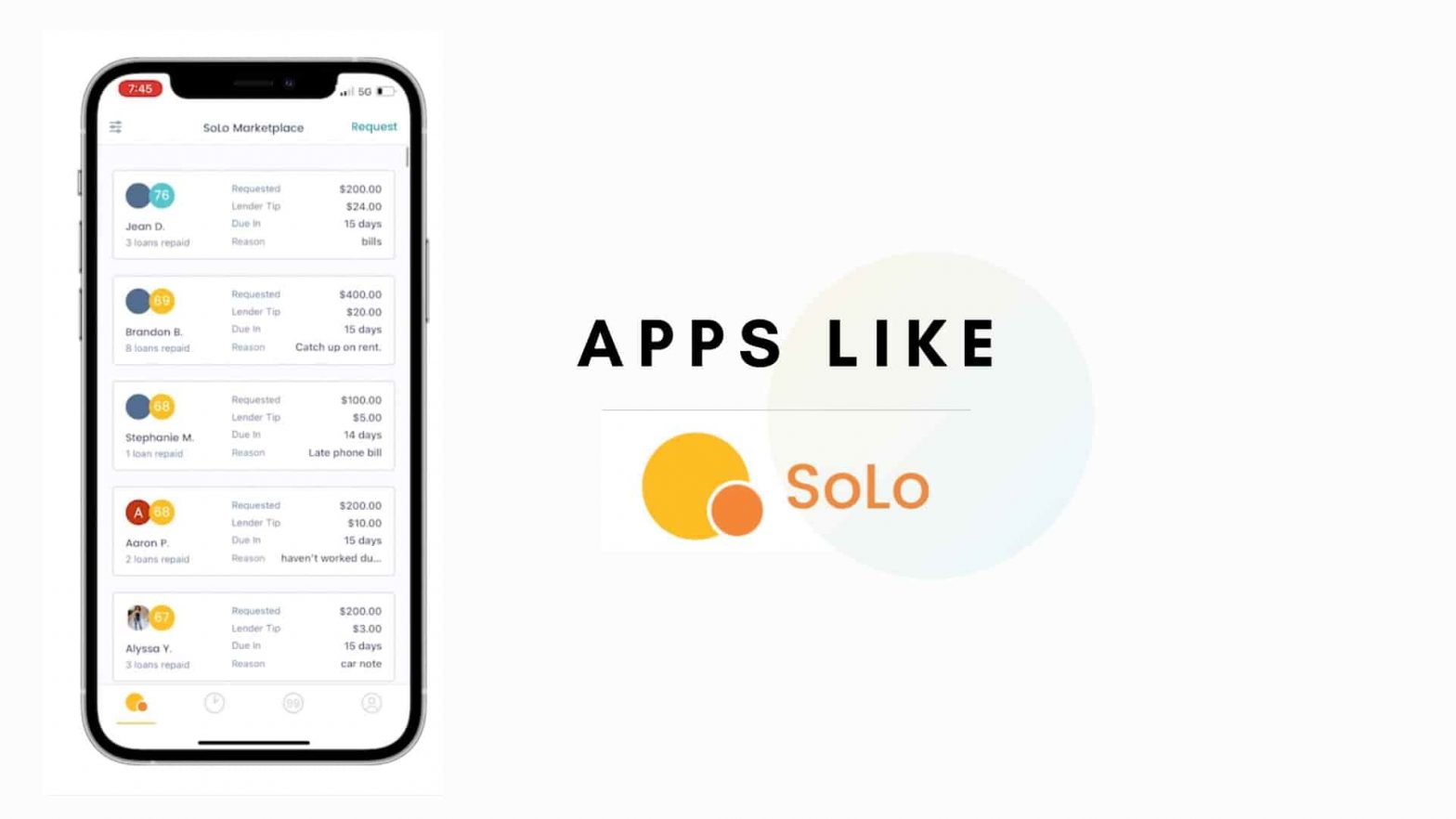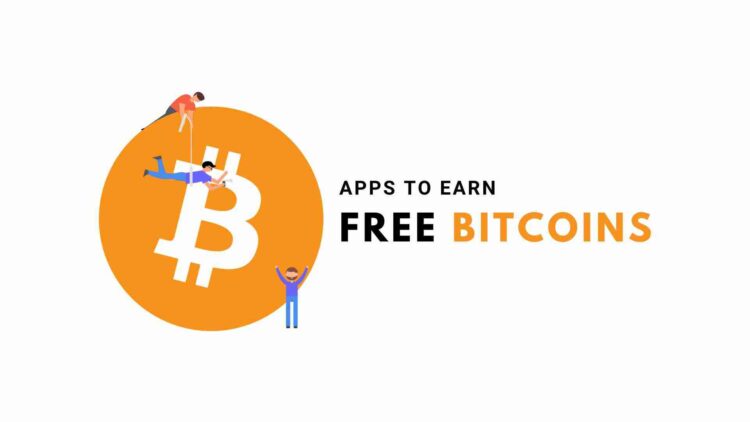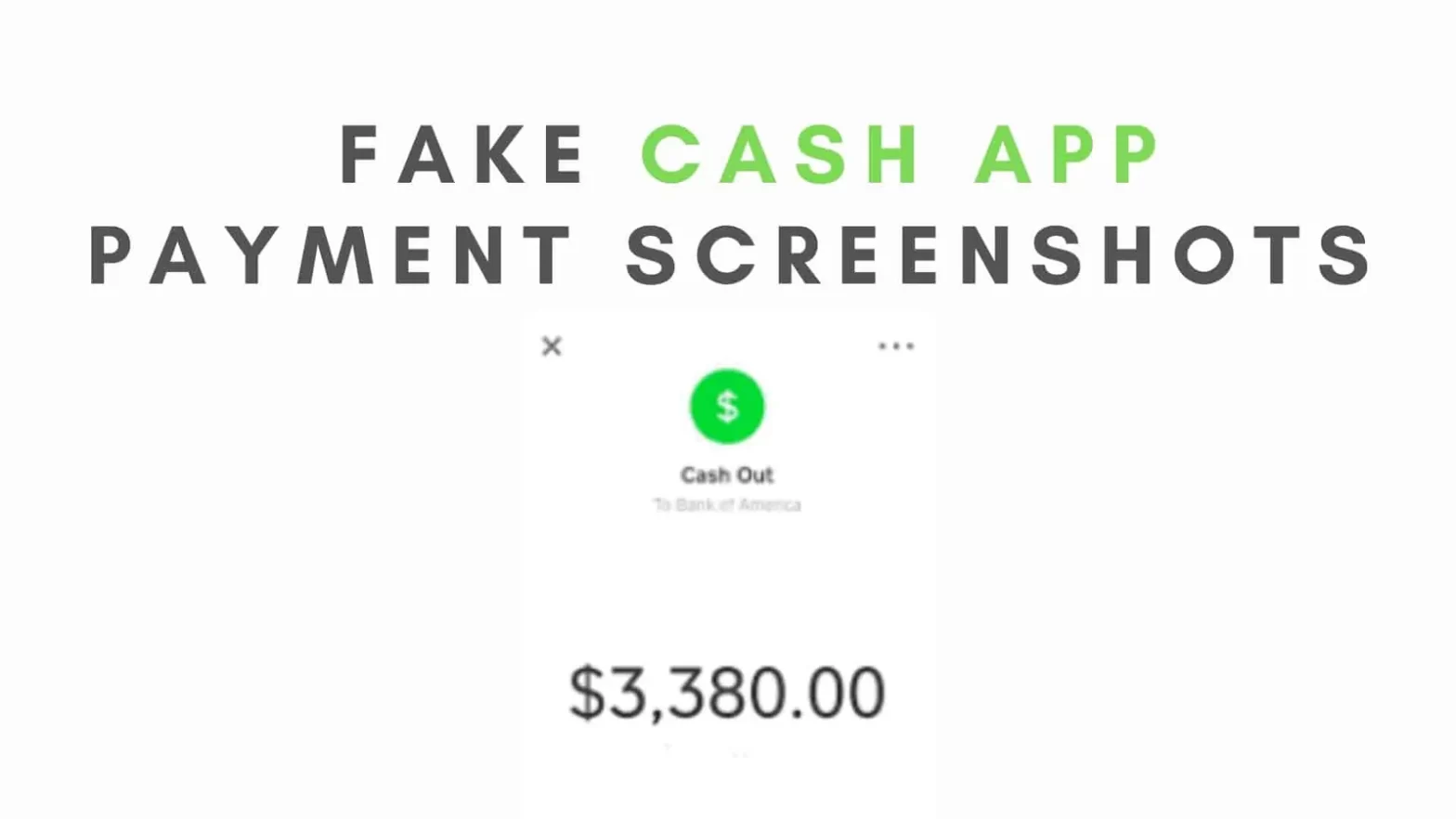Ever tapped pay for coffee and felt like a tech wizard? Or added a credit card to digital wallets and thought, “That was easy.”? That experience comes from the Visa Provisioning Service.
It’s so overlooked in the tech world for a job like making digital transactions secure, quick, and seamless – It’s an unsung hero, isn’t it?
So without any further ado, let’s cut to the chase and know what this service is, how it works, and why it matters in the digital landscape.
What Is Visa Provisioning Service In Your Bank Statement?
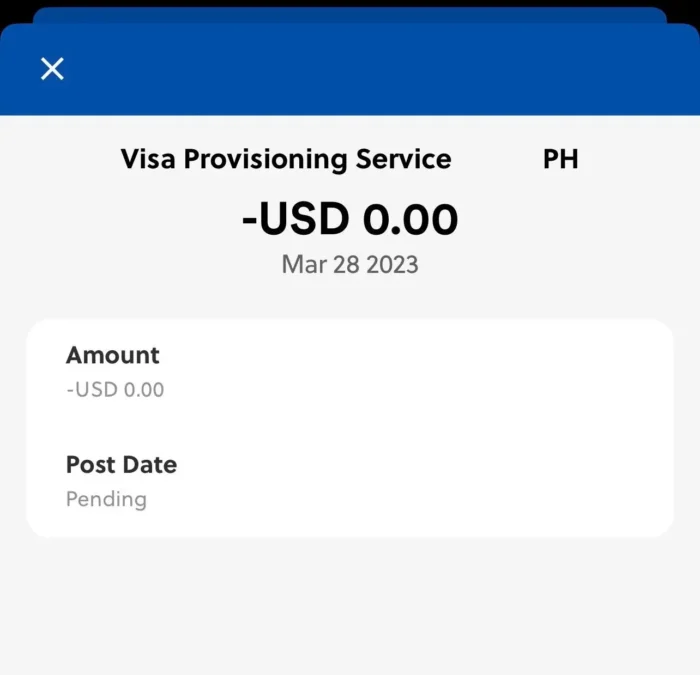
If you’ve recently spotted “Visa Provisioning Service” on your bank statement and that $0 charge, you’re not alone.
It’s Visa’s way of tokenizing your card details for safe, hands-free payments.
You would see this term when you link your card to digital wallets like Google Play or Apple Pay, or make a Visa payment.
The service was built in 2014 to alter your card digits with a unique token to streamline mobile transactions.
So, it’s a kind of protecting your card information from being leaked, and making your payment fast and smooth.
As per the report, Visa has issued over 2.5 billion tokens globally in 2024 alone, creating a safe digital payment landscape.
So, when you bump into that $0 charge for your payment or linked card, it’s an actual fee that it levies to protect your data and provide a rationalized transaction experience.
What Is Tokenization?
Now comes the cool part: what is Tokenization that VPS uses to keep things secure?
Since it’s a technical aspect of VPS so we can only scratch its surface, and know what it is, not how it works.
So, when a transaction takes place, you share your credit or debit card to pay for stuff. But exposing your credentials may be risky, as someone may exploit your data.
To deal with this issue, Visa developed Tokenization, which alters your actual card details to a digital token – A unique string of numbers that becomes the wall for your card details.
The best part is that there is a specific token for each device, such as a phone or smartwatch, making it impossible for anyone to access it.
You can think of it like a secret code that someone has to break to get your payment details while making a purchase online, which is unbreakable.
That’s the importance of installing tokenization in the domain of digital payments.
How Does VPS Work?
Are you a tech geek? You might want to know what happens when a card gets added to a digital wallet, and how your payment goes through. Here are the step-by-step facts.
- Card Registration: Simply add your card to a wallet like Apple Pay or Samsung Pay that supports Visa
- Verification: Next up, the wallet sends the card details to Visa’s network via the bank or card issuer. Then, VPS scans through your card details to make sure it’s real and ready for purchase.
- Token Creation: To protect your credentials, it generates a unique token for that card and device, which gets stored in a robust cloud system. You don’t have to pop in a token, as it’s done automatically through Visa.
- Ready to Pay: Once your card has a token, it’s ready for digital action. That means you can tap to pay and order something for yourself.
- Transaction Processing: When you pay, the token is sent to the merchant, who then passes it to Visa. Your token is then stored with the real card details in a Secure Vault that Visa handles for processing payments.
This all happens in milliseconds, so the user just sees a quick “Payment Approved” message while the tech does its thing.
Why Should Anyone Care About VPS?
Visa network handles more than $15 trillion in payment volume every year, so to secure such payments, VPS is necessary. So we’ve rounded up a few points on why it’s a big deal.
- Boosting Security: Tokenization keeps card details out of the wrong hands. Even if a hacker gets into a store’s system, those tokens are about as useful as a paperweight without the right device.
- Enabling Flexibility: It takes just a minute to link a card to a digital wallet, all thanks to Visa Provisioning Service. Once it’s added, you can use it across multiple devices, without carrying a physical wallet.
- Streamlining Experiences: Since it supports all sorts of devices and apps, from smartwatches to online stores, it makes transactions seamless regardless of where you are.
Who Uses Visa Provisioning Service?
It’s not something we’re acquainted with, but it’s behind every purchase we make online using our Visa cards.
- Consumers: We all use VPS without even realizing it. When we make an online purchase or link a Visa card to a wallet, VPS has got you covered.
- Financial Institutions: Banks and issuers use VPS to provide a secure digital payment option for customers, as part of the modern banking system.
- Merchants: Online and Offline retailers both rely on VPS to process tokenized payments to create a safer environment for shopping.
- Tech Giants: Tech Giants like Google, Apple, and Samsung incorporate VPS in their payment system to secure customers’ payments.
It’s a win for everyone—shoppers get convenience, stores get security, and banks get to keep customers smiling.
Future
The world’s going cashless, and VPS is helping lead the charge. It’s not just about making payments easier; it’s about building trust in a digital world.
With scams and cybercrime always lurking, knowing that card info is safe is a huge relief.
VPS delivers that security while keeping up with new tech, like wearable gadgets or even cars that can pay for gas.
It’s also a big deal in places where cash has been king forever. In some countries, mobile payments are helping people access banking for the first time, and VPS is part of that revolution.
As more devices get payment powers, VPS is ready to grow with them, making sure the future of money is as smooth as a Sunday morning.
Downsides
Nothing’s perfect, right? While VPS is awesome, it’s not without challenges. Some stores or regions don’t yet support tokenized payments, especially in places where tech is still catching up.
Also, not everyone gets why digital wallets are safe—tokenization sounds fancy and can make folks nervous if they don’t understand it.
Undoubtedly, VPS itself is secure, but it relies on a phone’s security, and retailers who have a robust security system that doesn’t let scammers in.
But Visa’s always tweaking things to stay ahead of the curve, working with banks and tech companies to iron out the kinks and keep VPS running like a well-oiled machine.
FAQs
1. Is Visa Provisioning Service safe to use?
You bet! Tokenization swaps out card details for unique codes, so even if someone snoops, they’re out of luck. Visa’s network also has top-notch encryption to keep things locked down.
2. Does VPS charge anything?
Not for shoppers! It’s a free service baked into using a Visa card with digital wallets. Any fees would come from the bank or wallet app, not VPS.
3. Can any Visa card work with VPS?
Most of the banks and issuers work with VPS. But some smaller banks and older cards have not started supporting digital wallets yet, so a quick check with the bank is a good idea.
4. Is VPS just for digital wallets?
Mostly, but it also powers things like in-app purchases or subscriptions. Anywhere secure tokenization is needed, VPS can step in.
5. How does VPS stack up against other payment systems?
It’s Visa’s take on tokenization, but Mastercard and others have their own versions. They all aim for security and ease, but VPS is built for Visa’s massive global network.
6. Can VPS be used anywhere in the world?
It works wherever Visa and digital payments are accepted.
Wrapping It Up
Visa Provisioning Service is nothing but a secret sauce that streamlines online payments.
Turning card details into secure tokens lets people tap, click, or swipe to pay without a second thought.
Whether it’s grabbing groceries, shopping online, or trying out the next big payment gadget, VPS is there, quietly making it all work.
As the world keeps going digital, this service is paving the way for a future where payments are as easy as a smile and twice as secure.

